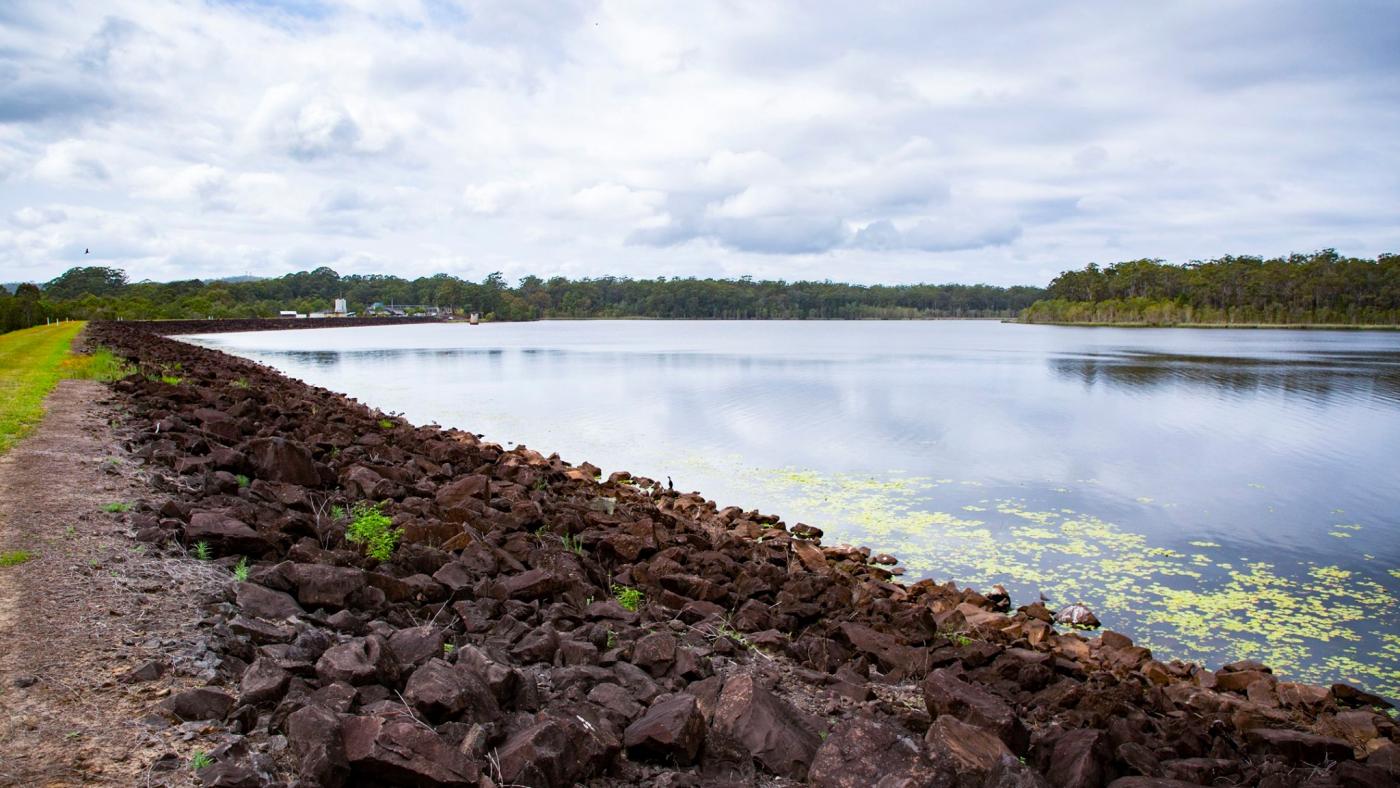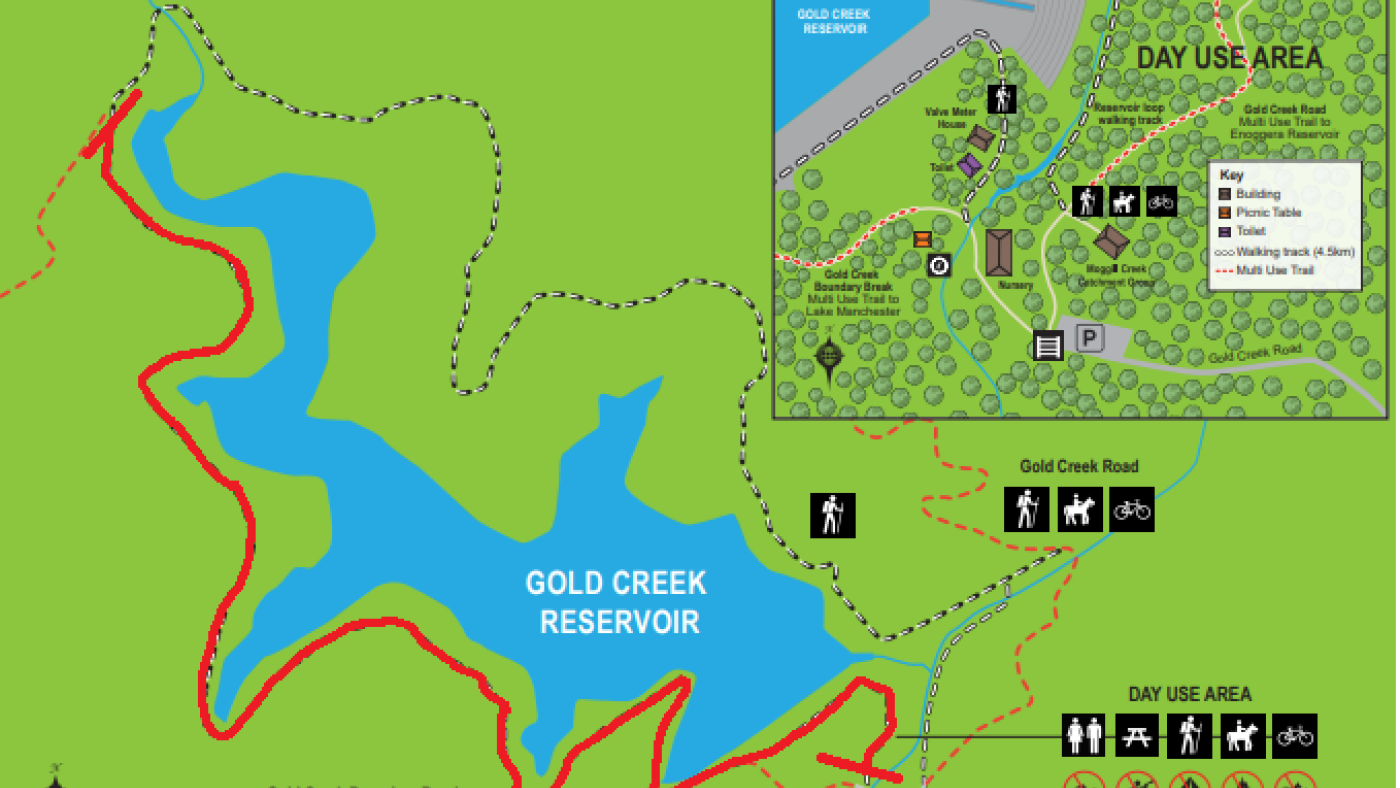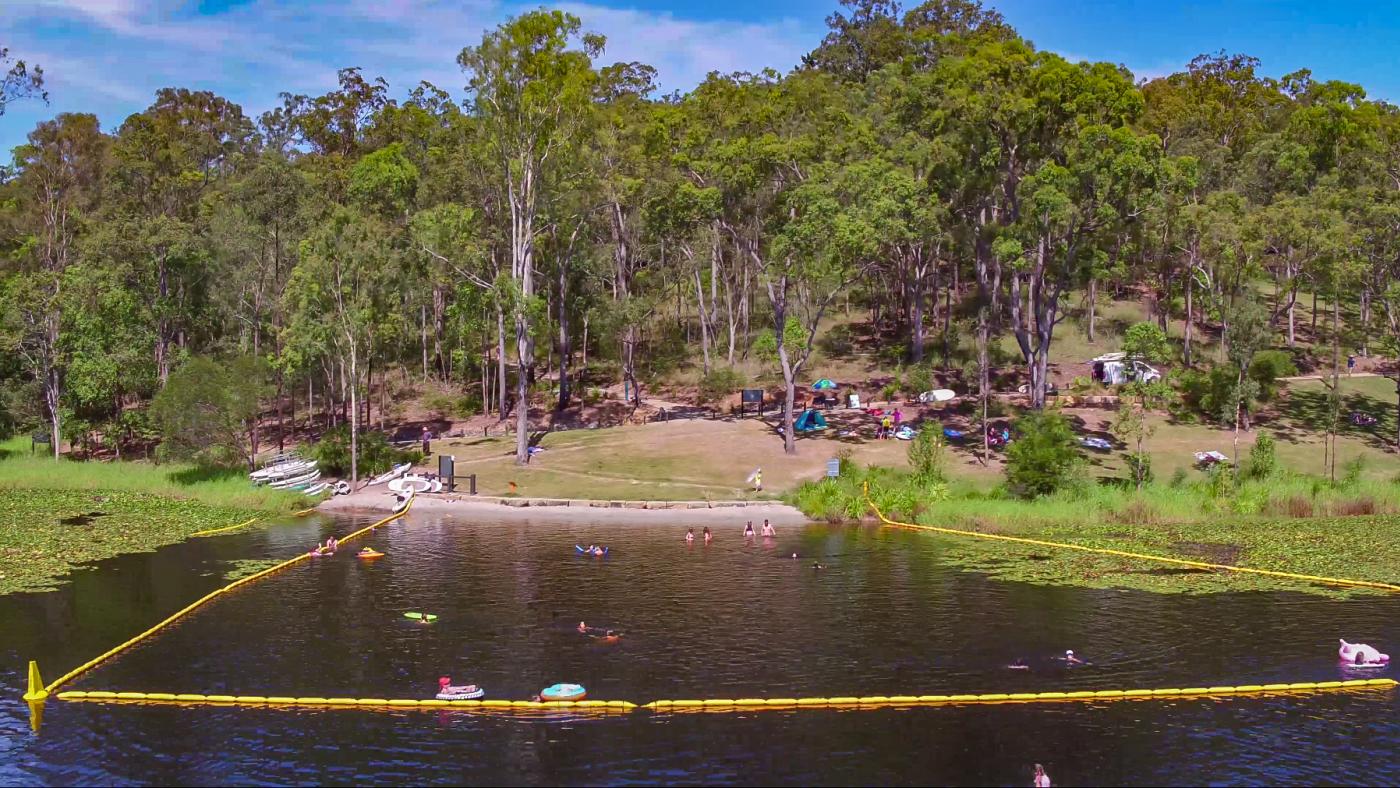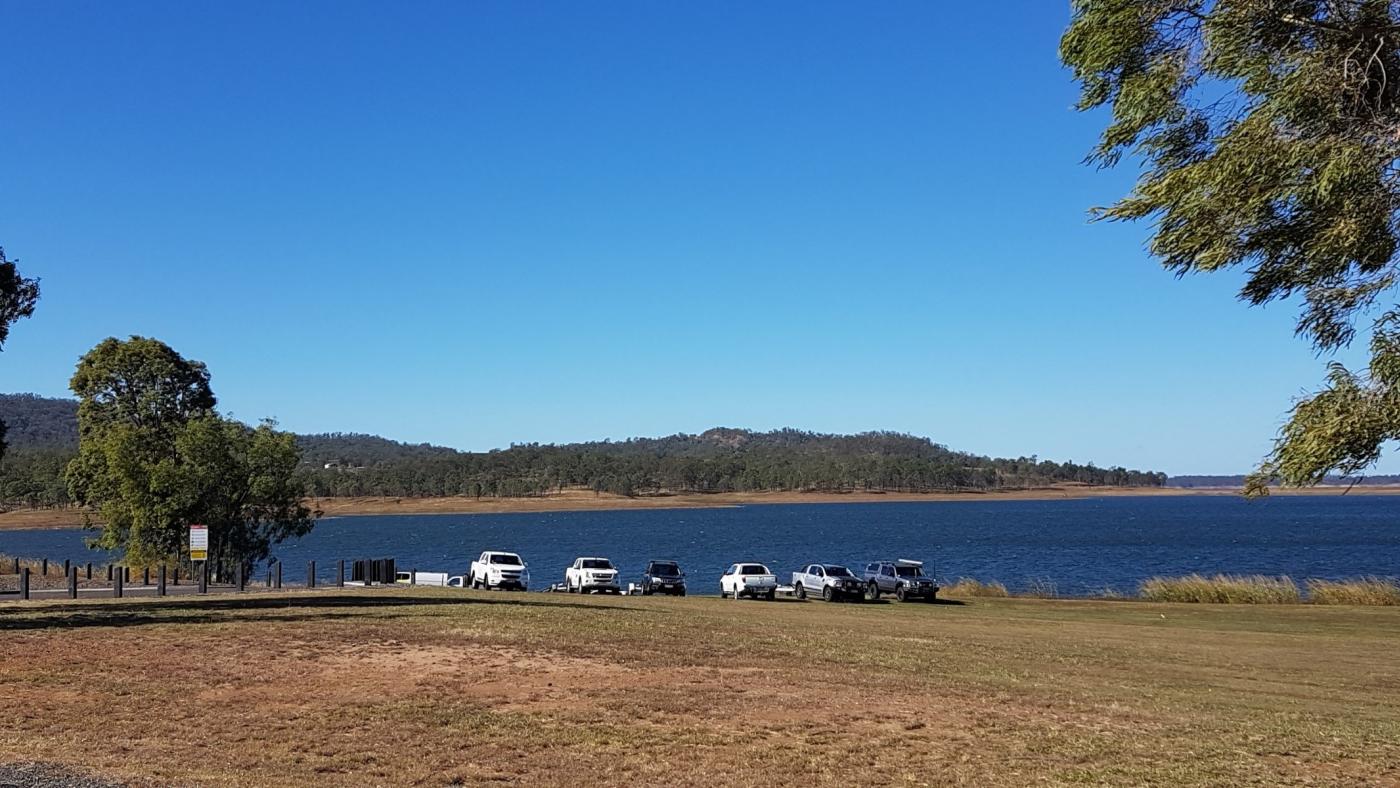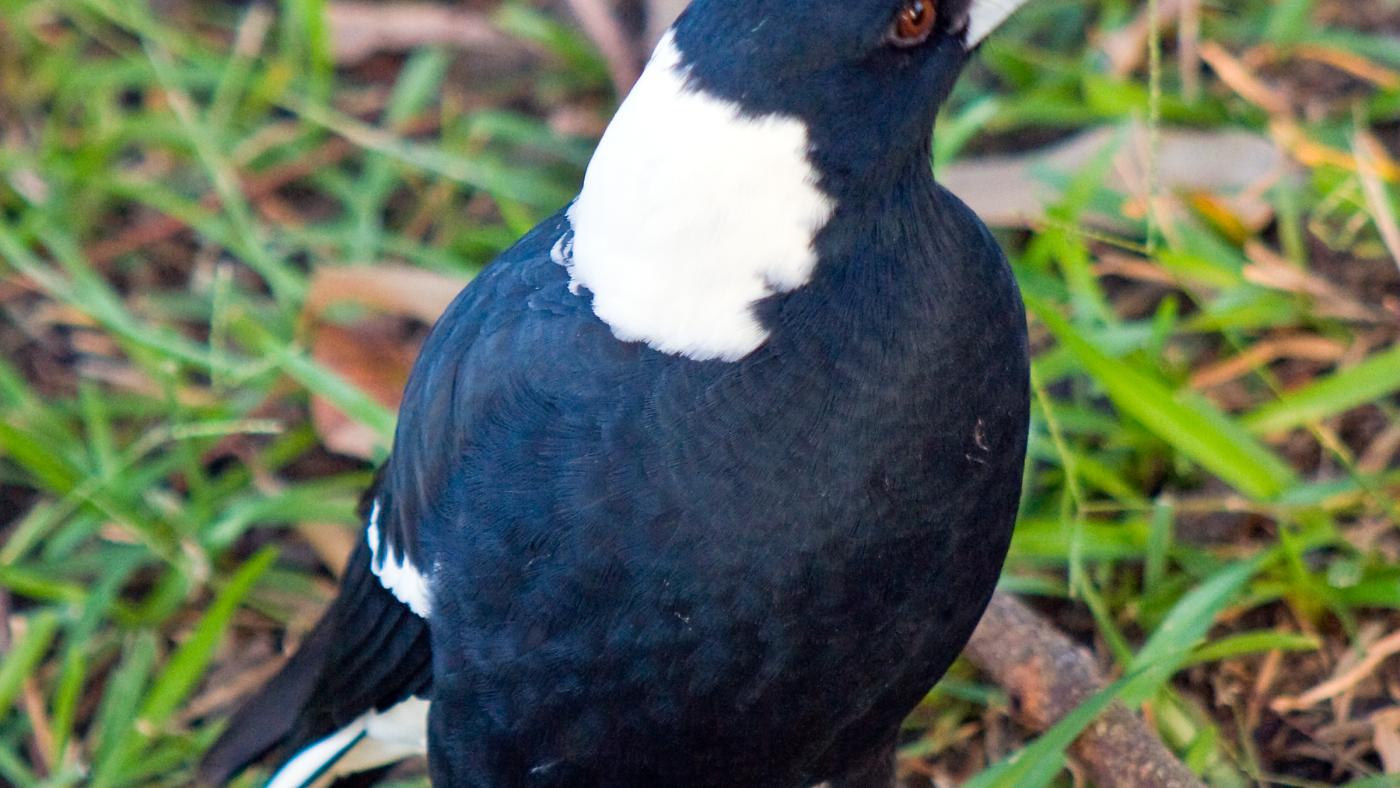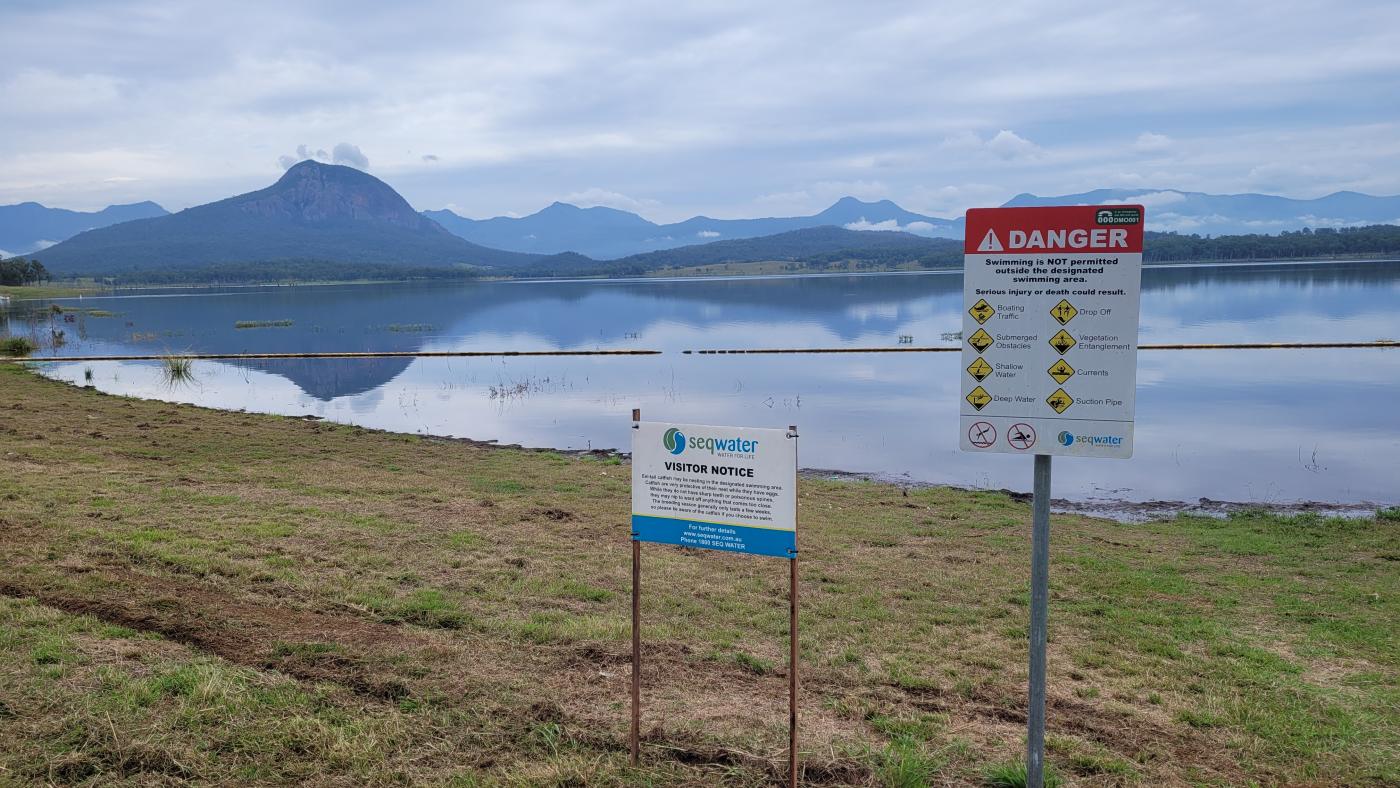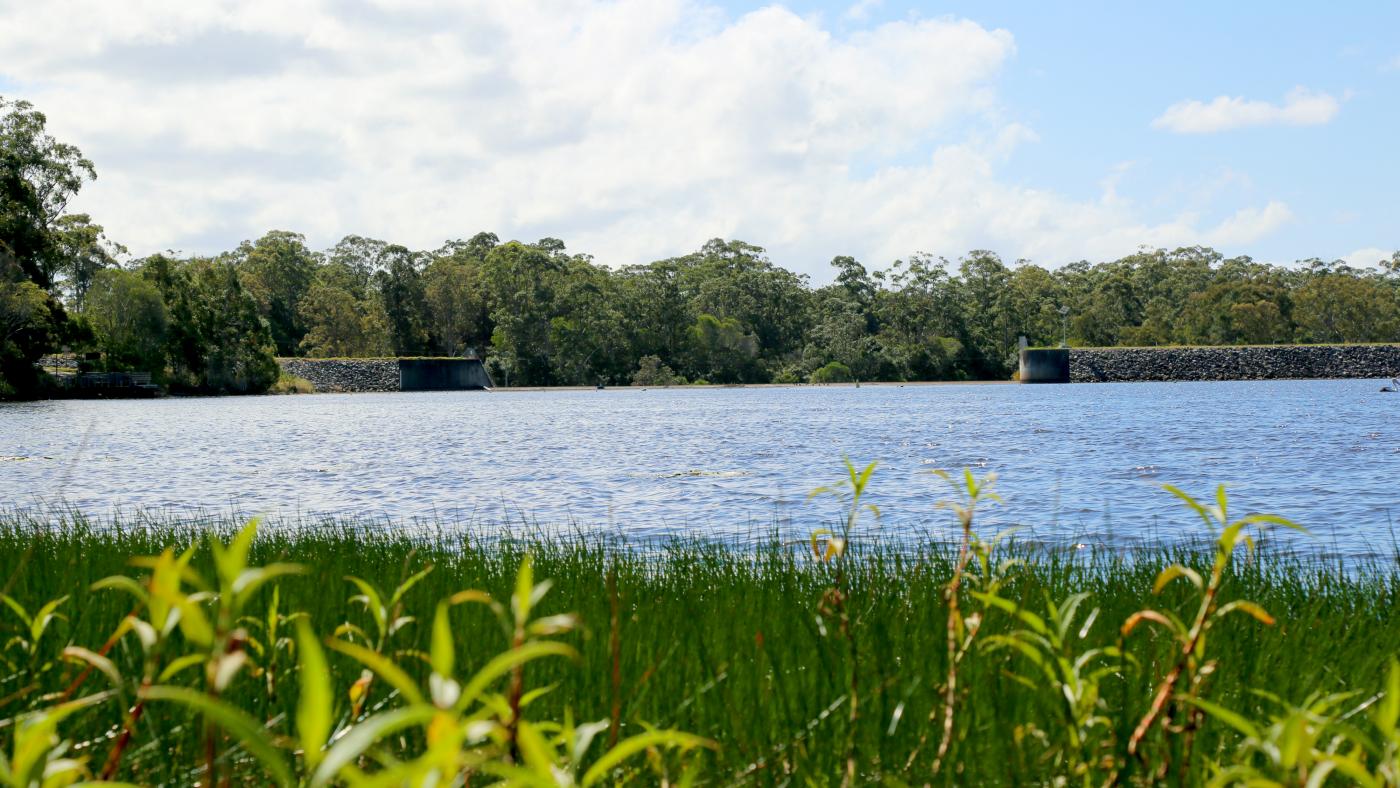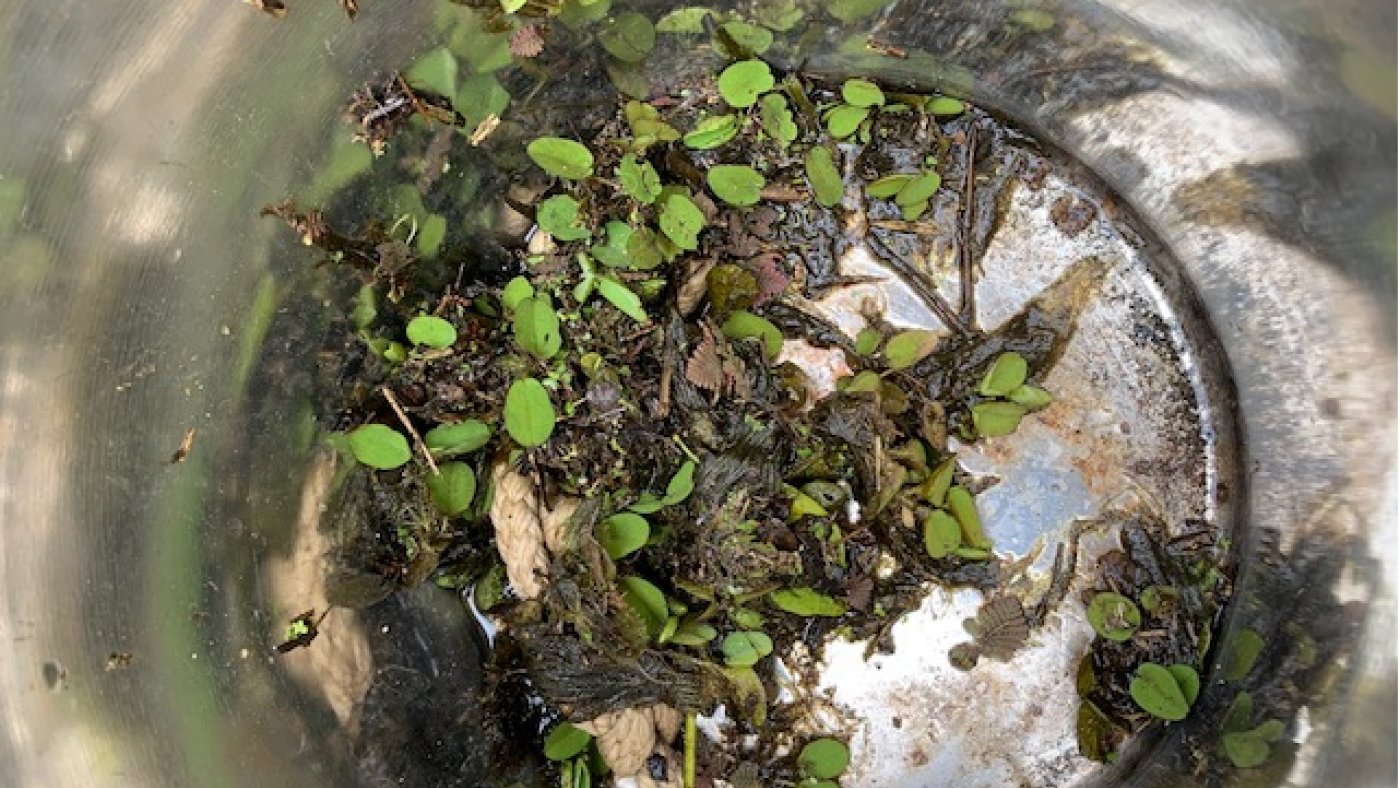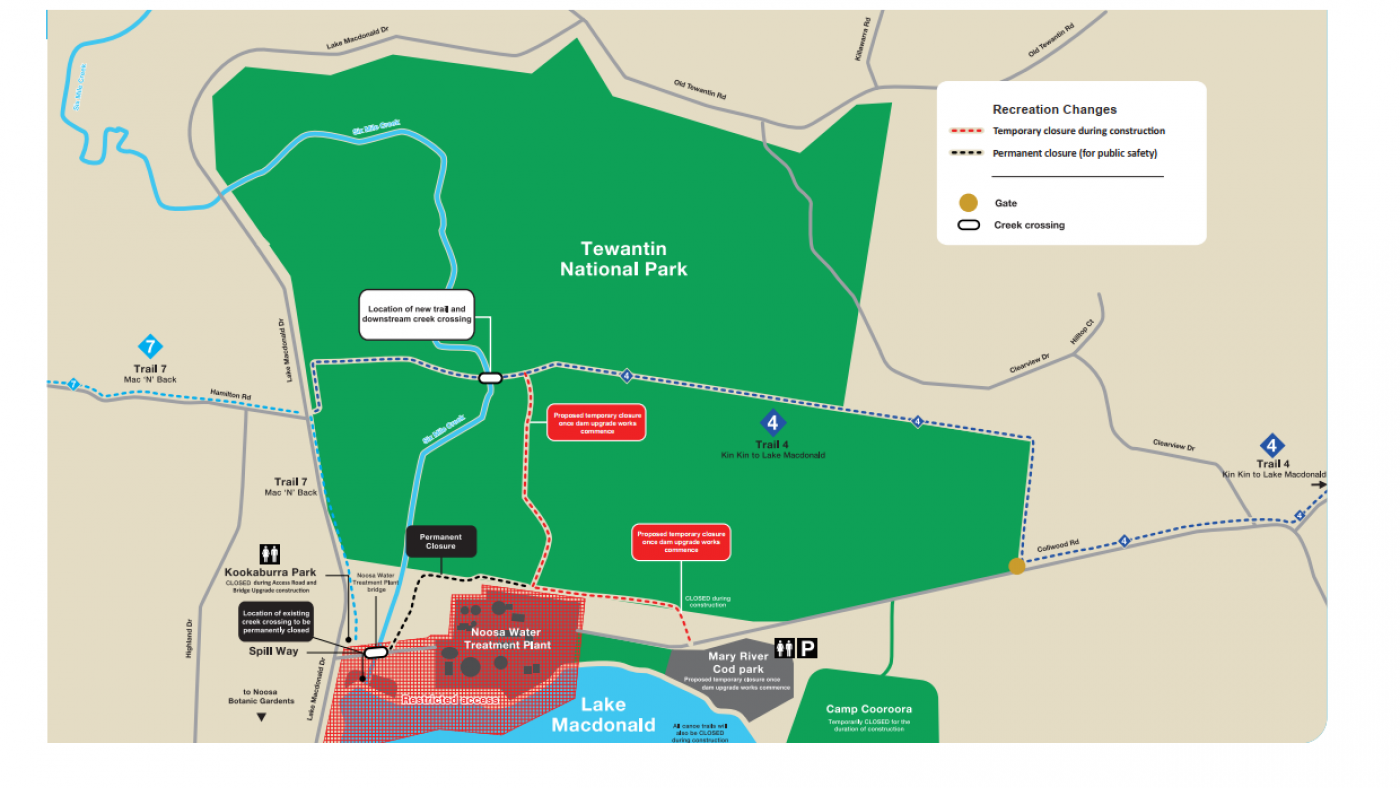Emergency contacts
This overlay provides a list of useful emergency phone numbers.
For all life threatening emergencies
phone Police, Fire Brigade, or Ambulance
Do you need assistance from your local SES members?
State Emergency Service
Are there burst pipes in your area?
Contact Seqwater
Have you lost water supply to your home, are there taste and odor issues with your drinking water?
Are there roads flooded, or localised flooding in your area?
